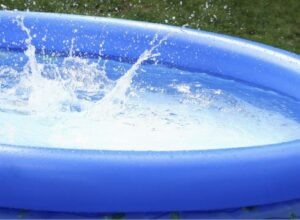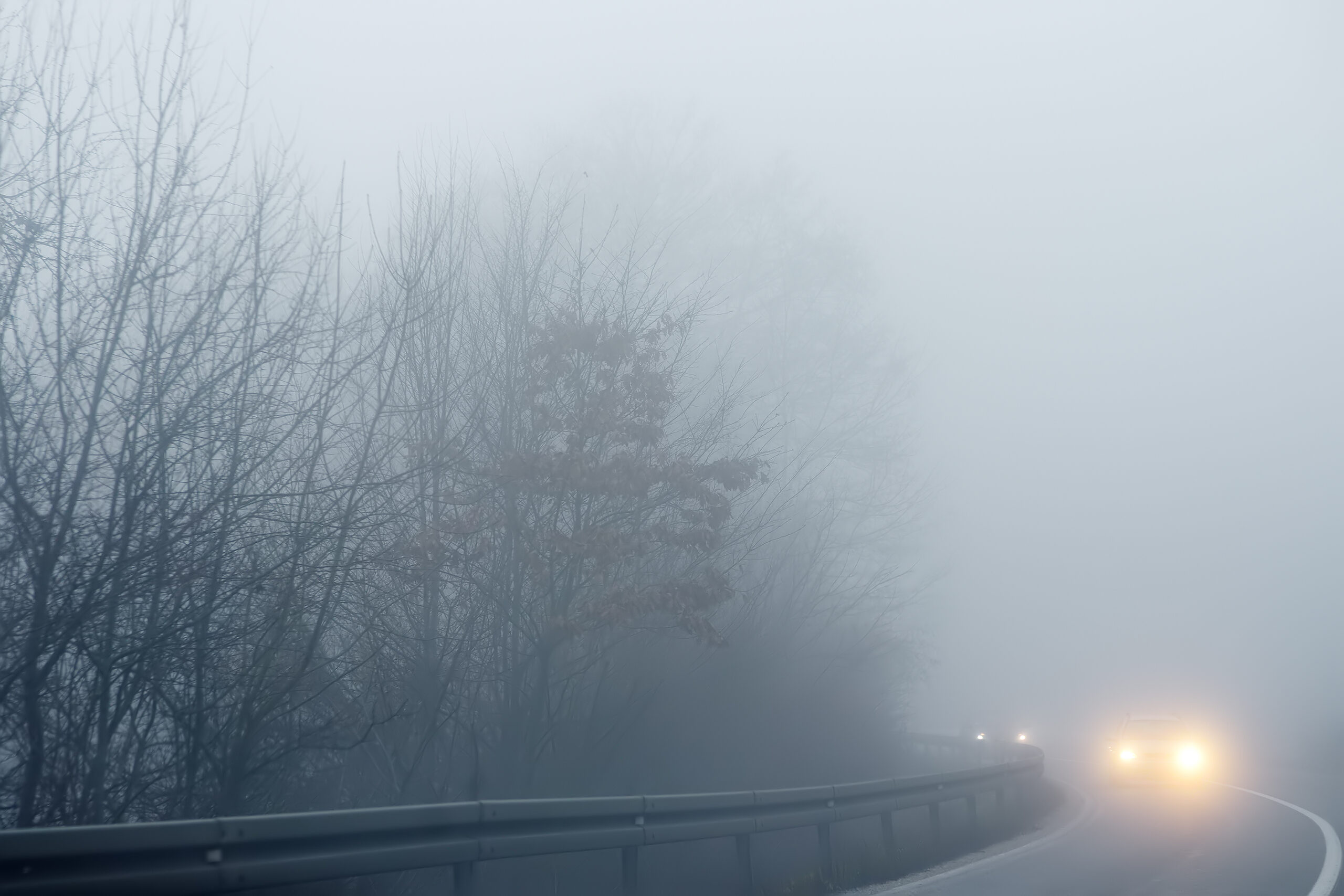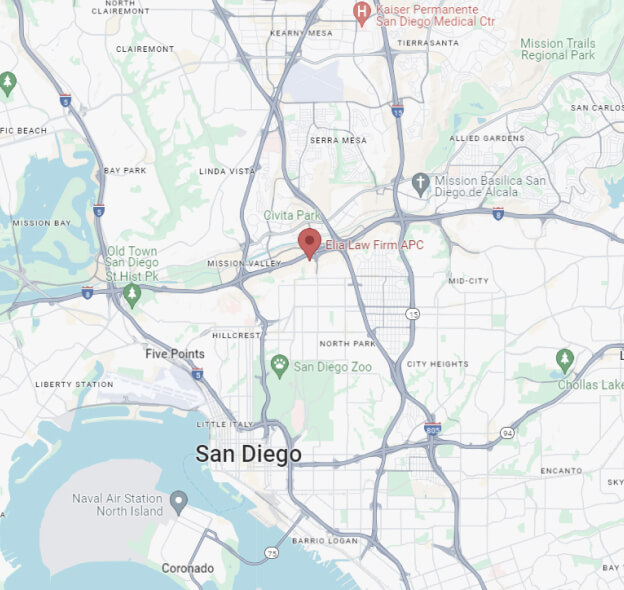Swimming pool accidents and drownings are extremely frightening and, unfortunately, all too common in the San Diego area. Our warm year-round weather lends itself to many “pool” days… and many times those relaxing days by the pool can turn into tragedy very quickly.
Losing a family member to a swimming pool accident is a nightmare in itself, but dealing with the after-effects – both emotionally and legally – can be even worse. It’s imperative that you contact an experience personal injury attorney who can help with a swimming pool drowning case.
The question of liability in a swimming pool drowning depends upon the nature of the accident itself. One potential liability is the premises where the drowning occurred.
Premises liability basically says that a property owner is liable for injuries that occur as a result of a dangerous or hazardous condition on the property that the owner knew about or should have known about. In the case of a swimming pool drowning the property owner has a responsibility to take reasonable precautions to make sure that his or her swimming pool is safe for users, or anyone else on the property. In California, the landowner has a duty of reasonable care towards anyone entering the property (even a trespasser).
Premises liability in swimming pool drownings applies to:
- Owners of private, residential swimming pools.
- Owners of property with private or commercial pools used for the benefit of guests, members or tenants (such as motels, campgrounds, health clubs, or apartment complexes).
- Owners of government property (discussed below), such as municipal swimming pools open to the community or school swimming pools.
- Possessors or operators of the property. For example, someone who rents the property could also be liable for damages in a swimming pool drowning where he or she failed to take reasonable precautions to protect guests from injury.
Common premises liability cases involving a drowning or near-drowning are:
- Lack of fencing. In-ground pools without complete fencing are 60 percent more likely to involve a swimming pool drowning than fenced pools.
- Warning signs. A property owner may also be liable for a swimming pool drowning if he or she failed to post warning signs. A pool owner has a duty to act reasonably in warning swimmers of possible dangers, such as posting signs indicating the depth of the water or a “swim at your own risk” sign in the absence of a lifeguard. However, if a swimming pool drowning occurs and warning signs are hidden or unreadable, the property owner may be liable.
- Negligent supervision. The owner of a private residence can be liable for a swimming pool drowning for failing to supervise guests, especially if they represented that they would be watching a child. A private commercial landowner that has a swimming pool open to the public as part of their business has a greater degree of duty to protect swimmers from a swimming pool drowning, and may face liability if no lifeguard is provided, or if warning signs are lacking, despite some dangers being open and obvious. If a lifeguard is negligent in his or her supervision of swimming pool users, the employer and/or property owner can be held liable for swimming pool drownings.
- Lack of maintenance. Property owners can be liable for swimming pool drownings if they failed to maintain the pool or safety equipment in a reasonably safe condition.
Among the damages that can be compensated include medical bills and future lost wages. If negligence is involved, hiring an experienced personal injury attorney – like San Diego premises liability attorney Steven Elia – is highly recommended. Attorneys can help ensure that the official investigation is conducted thoroughly and the best interest of the victim is looked after.
- Who Is at Fault in a Motorcycle Lane Splitting Accident in California? - August 26, 2024
- Are Dogs Attacking Without Warning or Are We Misinterpreting Key Signals? - March 4, 2024
- Can You Sue If No One Witnessed Your Slip and Fall Injury? - February 10, 2024












